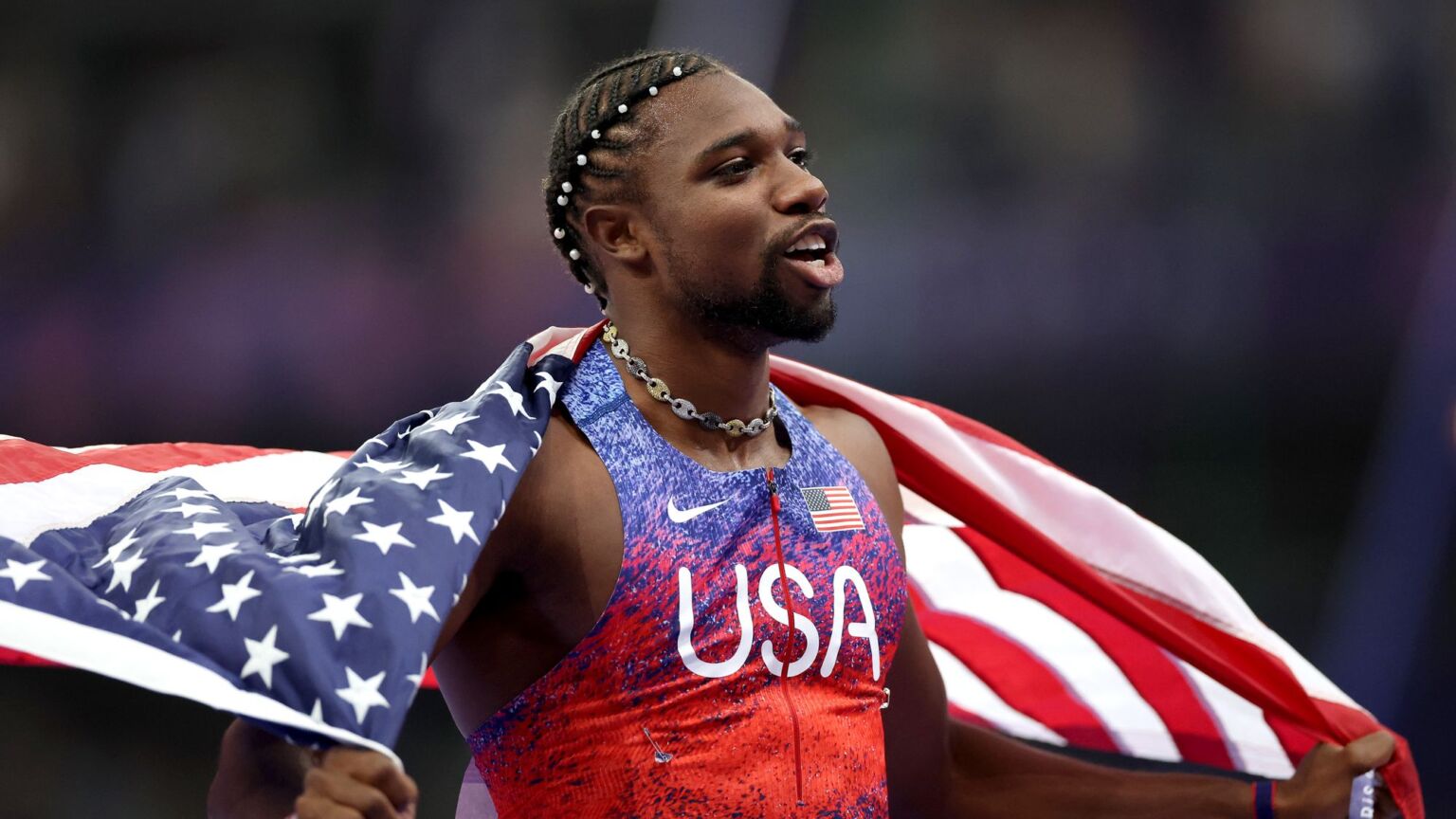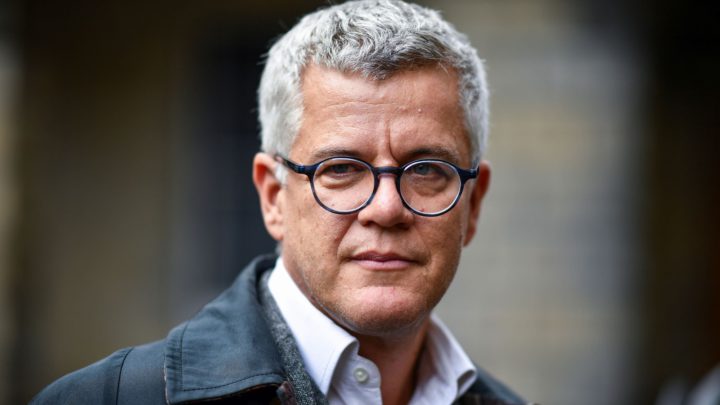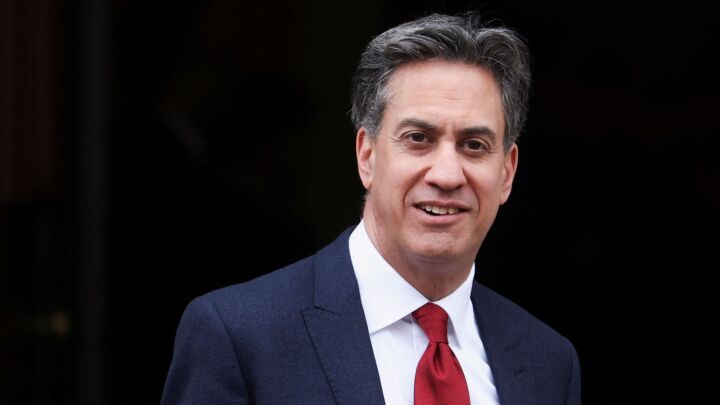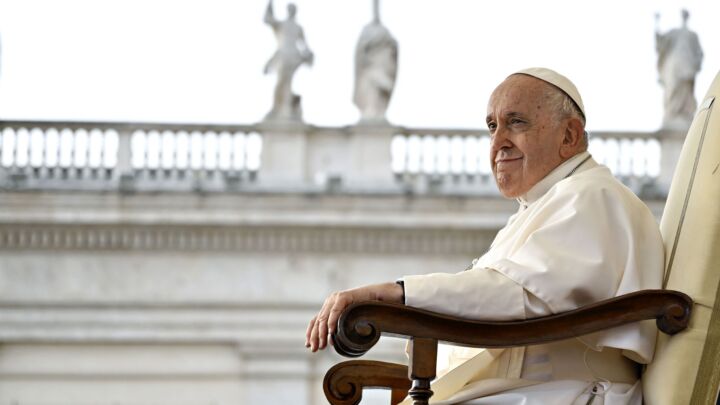The 100m final showed true cut-throat Olympic spirit
Just don’t call it 'the greatest ever'...

Want to read spiked ad-free? Become a spiked supporter.
The men’s 100-metres final on Sunday was everything Olympic sport should be: thrilling, dramatic and ruthlessly competitive. America’s Noah Lyles (9.784 seconds) came from last to first place to win gold by just five-thousandths of a second from Jamaica’s Kishane Thompson (9.789 seconds), with the rest a mere heartbeat behind. For the first time, all eight finalists easily finished in under 10 seconds.
The one thing it wasn’t – if I might dare to disagree with great Olympic champion Michael Johnson (as well as many hyperbolic pundits) – was the greatest ever 100-metres final. The clock shows that, if they had run those times back in 2012, at the London Olympics, Lyles and Thompson would have been struggling for the bronze medal, way behind the incomparable Usain Bolt, despite them reportedly running on a new super-fast track.
But first, let’s celebrate the magnificent Olympian spectacle that is the 100-metres final, the race to crown ‘the fastest man on Earth’. For some of us old-schoolers, the increasingly multi-sport Olympics only really begins when the athletics start, conjuring up the spirits of the original games in Ancient Greece. And the men’s 100 metres is the explosive centrepiece of the first weekend on the track, banishing all memories of BMX bike-tricks or badminton in under 10 seconds. Sunday’s remarkable final lived up to its billing and did the true Olympic spirit of sporting excellence proud.
In recent years, there has been too much politicised talk of the Games really being about bringing the peoples of the world together, etc (unless you’re Israeli, it might now seem). The core Olympic spirit has always been embodied in the founding slogan of the modern Games, ‘Citius, Altius, Fortius’ – Latin for ‘faster, higher, stronger’. Before the previous Tokyo Olympics, however, the International Olympic Committee even added an extra word, ‘Communiter’ – which means ‘together’ – supposedly to embody the ‘inclusive’ spirit of the Games.
Well, the eight 100-metres finalists certainly did end up ‘together’, in a blanket finish. But each Olympian was bursting every blood vessel to prove that he was a split second citius / faster than the rest.
After the digital-timing system eventually managed to separate the first two by 0.005 seconds, silver medallist Thompson was asked if he thought the gold medal should instead have been shared, as two high jumpers agreed to share gold in Tokyo rather than risk a jump-off. The bitterly disappointed Jamaican’s reply was an apt rebuttal to those who would relegate the Olympics to a woke love-in. ‘I think the sport is too competitive, no offence to any other sport’, he said. ‘It’s too competitive for us to share a gold medal.’
Indeed it is, and rightly so. There can only ever be one ‘fastest man on Earth’.
The fastest-ever man on Earth, of course, remains the triple 100-metres gold medallist Usain Bolt, who holds both the World Record of 9.58 seconds, and the Olympic Record of 9.63 seconds. When the Jamaican colossus set that latter mark in London 2012, he crossed the line 1.5 metres ahead of the rest – a country mile in sprinting terms. No photo-finish required.
Yet even the well-beaten silver medallist in London, Bolt’s countryman Yohan Blake, ran it in 9.75 seconds. That would have been fast enough to win gold in every other Olympic 100-metres final since the modern Games began in 1896 (with the exception of Bolt’s first gold in Beijing 2008). The 2012 bronze medallist, former champion Justin Gatlin, trailed behind in 9.79 seconds – roughly the same time as the gold and silver medallists achieved in Paris. London was surely the greatest Olympic final to date.
By contrast, watching the thrilling finish in Paris, I confess that the cynic in me was momentarily reminded of the slightly derogatory horse-racing term, ‘they finished in a heap’ – used to describe a contest which was so close-run because no single runner stood out from the rest.
But on reflection, that would be very unfair to the new gold medallist and the other seven Olympians who gave their all on Sunday night, for the glory and our entertainment. It is nobody’s fault that they can’t be Usain Bolt.
Lyles certainly stands out in one other category. He has now become one of the few recent champion sprinters never to have been banned after being found guilty of doping offences. As Lyles himself said earlier this year, ‘Especially when you talk about the top five 100-metres times [in history]. Everybody but one person has been banned on that list. Kind of sucks.’ That ‘one person’ never to have been banned is Bolt; those top-fivers who failed drug tests include Blake and Gaitlin. In the cut-throat Olympic battle to be the fastest man on Earth, almost anything goes.
Mick Hume is a spiked columnist. The concise and abridged edition of his book, Trigger Warning: Is the Fear of Being Offensive Killing Free Speech?, is published by William Collins.
Pictures by: Getty.
Who funds spiked? You do
We are funded by you. And in this era of cancel culture and advertiser boycotts, we rely on your donations more than ever. Seventy per cent of our revenue comes from our readers’ donations – the vast majority giving just £5 per month. If you make a regular donation – of £5 a month or £50 a year – you can become a and enjoy:
–Ad-free reading
–Exclusive events
–Access to our comments section
It’s the best way to keep spiked going – and growing. Thank you!











Comments
Want to join the conversation?
Only spiked supporters and patrons, who donate regularly to us, can comment on our articles.